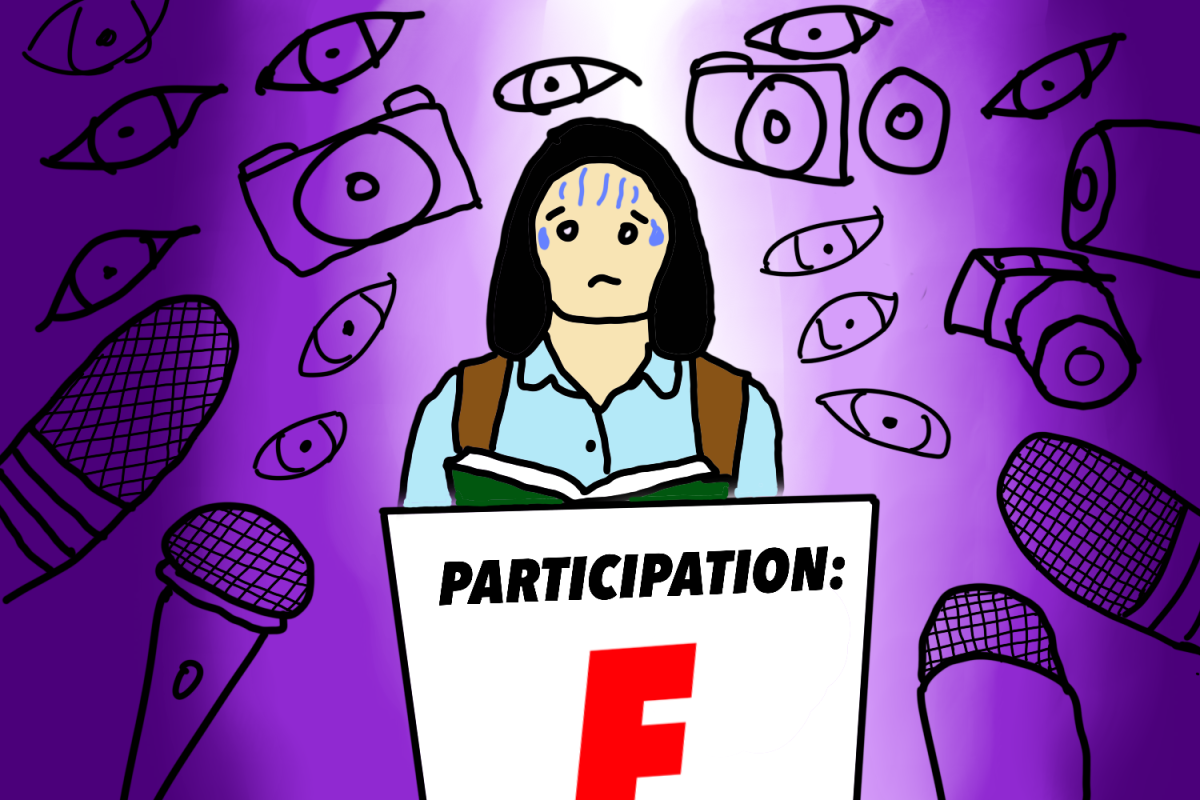Rather than writing down the challenges and victories of each passing day, my journal pages during the Advanced Placement (AP) season were filled with nothing but these words:
“5 or L.”
“I have to get a 5.”
“I refuse a 4.”
“I am just useless if I don’t get a 5.”
With the conclusion of the AP season, a wave of relief washed over me, liberating me from the weight of relentless preparation. I finally felt the ease from stress after finishing all my APs as a sophomore. Eager to bask in my sense of triumph, I reached for my journal with the intention of reflecting on the journey that brought me to this moment. However, the contents of the journal took me by surprise as I had not anticipated what was actually written within its pages.
I couldn’t help but feel a sense of disappointment and regret. I had put myself through unnecessary stress and anxiety, and all of that was just for a number on one test score. I had been so focused on achieving a perfect score on my AP exams that I had neglected to appreciate the journey and the progress I had made along the way.
My experience is far from unique. As a student, I’ve witnessed so many of my peers stressing out for the AP exams. The impact on their well-being is clearly noticeable, as their sleep patterns are disrupted, regular meals are neglected, and an overwhelming feeling of hopelessness and despair fills the air during AP preparation. The detrimental effects of this high-stakes environment on students’ mental and physical health are all too prevalent, highlighting the urgent need to address the unhealthy dynamics surrounding AP exam stress.
In a school driven by academic achievement and competition, the expectation of scoring high on AP exams has led to a culture of extreme stress and anxiety among students. We fear that one score will absolutely hurt our chances of getting into college, but that is certainly not the case.
College Board defines the purpose of AP as a way to “give students the chance to tackle college-level work while they’re still in high school. And through taking AP Exams, students can earn college credit and placement.”
Mrs. Cherryl Mynster, who teaches AP Chemistry, shared her perspective on the value of taking an AP class and exam.
“I do not think the score is a determination of students’ overall ability. AP students should try their best, be satisfied with their best, and put in the effort to learn in class. Through the learning process, what is definitely more important than the score is how students benefit from the problem solving process, critical thinking process, and skills developed throughout the course.”
Motivation for achieving a high test score is always good, but never fall into the trap of equating success with high scores. Our education extends far beyond the boundaries of standardized tests. The AP exams should serve as a means to broaden our horizons, and they should not be reduced to a source of stress and anxiety.
As for me and my AP season experience, I may not have aced every exam; I still got my entire FRQ wrong, but those are the things we can’t change. After the “screw-ups,” we often forget about the true value of the AP journey. But instead of fixating solely on the end result, we should celebrate the growth and progress we have made throughout the journey. It’s not just about test scores, because our experiences are what truly mold us into adaptable learners who are fully equipped to tackle the challenges of higher education.
Congratulations on finishing all your AP tests! No matter how you did, it is time to break free from the suffocating expectations of AP exams and feel proud of all you have accomplished!






